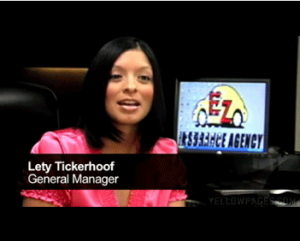Who wants to sink tens of thousands of their hard-earned money into a vehicle and then lose it all in one day to an accident, fire, or even theft? If this is not you, then you need to know about comprehensive and collision auto insurance coverage.
Types of policies
A car insurance policy has several parts. There is liability, which covers damage or injury to a third party in a car accident where you’re determined to be negligent, the medical expense or personal injury protection coverage, and lastly, there is insurance that covers damage to your vehicle, called physical damage coverage.
Types of physical damage coverage
• Comprehensive coverage
Physical damage coverage is broken down into two parts. The first part is comprehensive coverage. It is usually a less expensive coverage than the other part, the collision coverage. Comprehensive coverage covers damage to your vehicle not resulting from a collision — damage from a tornado, a hurricane, flood, fire, theft, vandalism, rocks, etc. It also covers damage to your windshield and the windows of your car, should they get broken or cracked.
• Collision coverage
Collision coverage covers the damage to your vehicle when you’re involved in an accident while driving or caused by another vehicle. Even if another driver is negligent and causes an accident that results in damage to your vehicle, you may always use your collision coverage to get your vehicle fixed while the claims team is investigating the accident to determine fault. If later it’s determined that the other driver was negligent and the cause of the accident, your insurance company will attempt to recover the money that they paid you to repair your vehicle from the at-fault party’s insurance company (or the person themselves if they didn’t have liability insurance).
Weigh your options
Many people cringe at the cost of comprehensive and collision insurance, and once a vehicle is not financed, the owner is not required to carry it. The question is this: If you have an accident or incident that renders your car inoperable, are you willing and able to pay the entire repair bill yourself? If not, comprehensive and collision coverage are a good fit for you.




